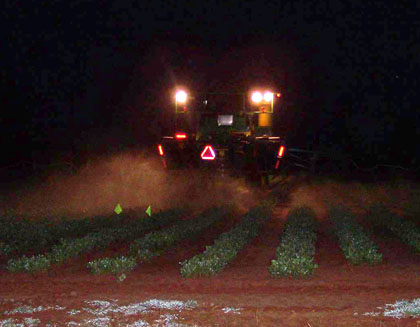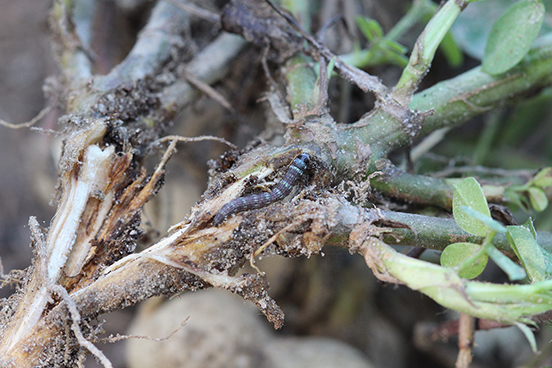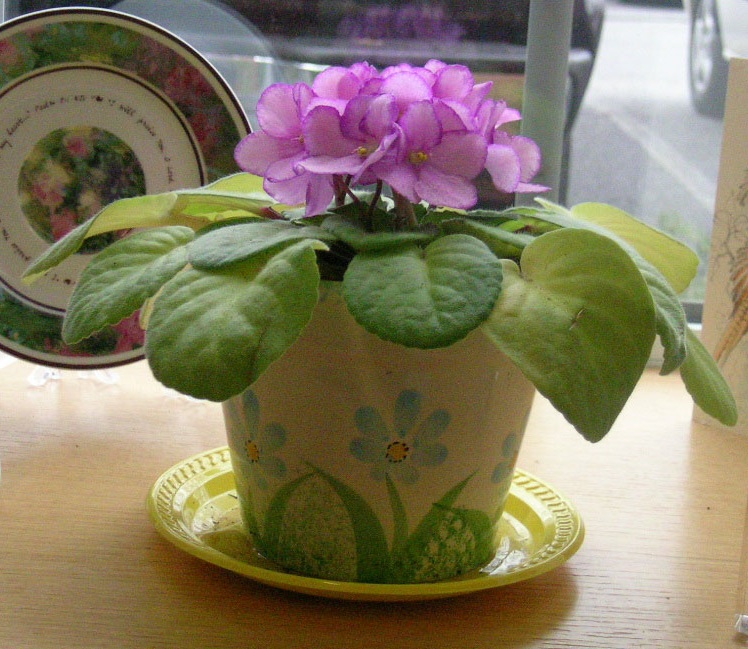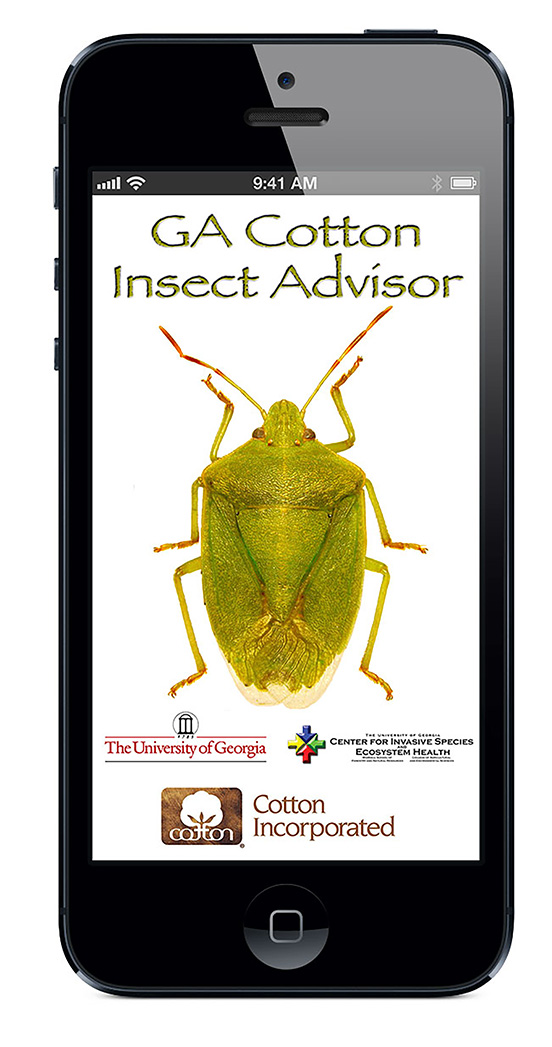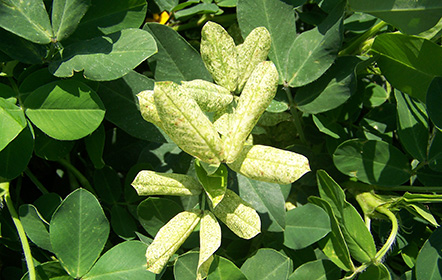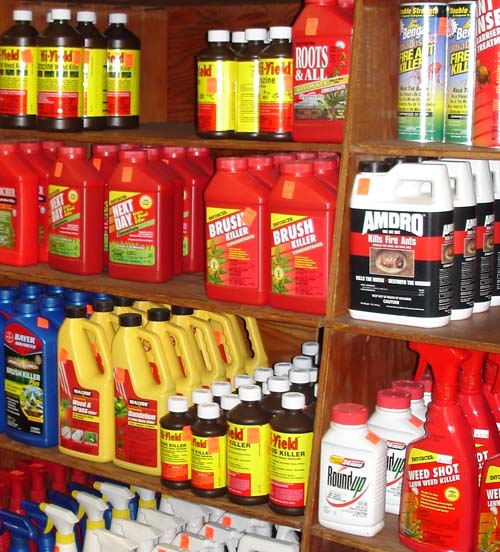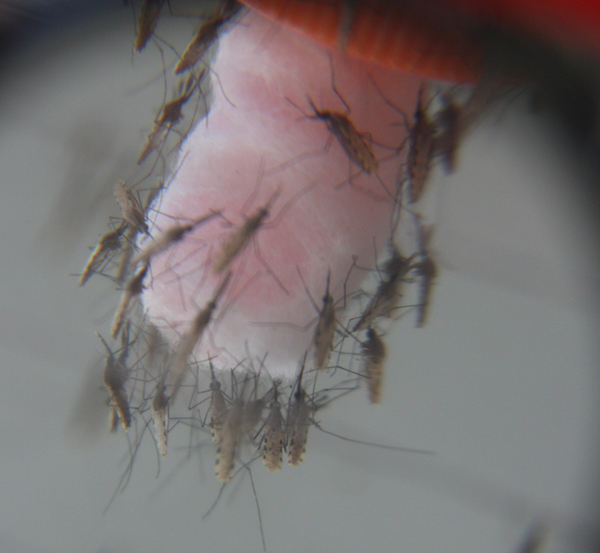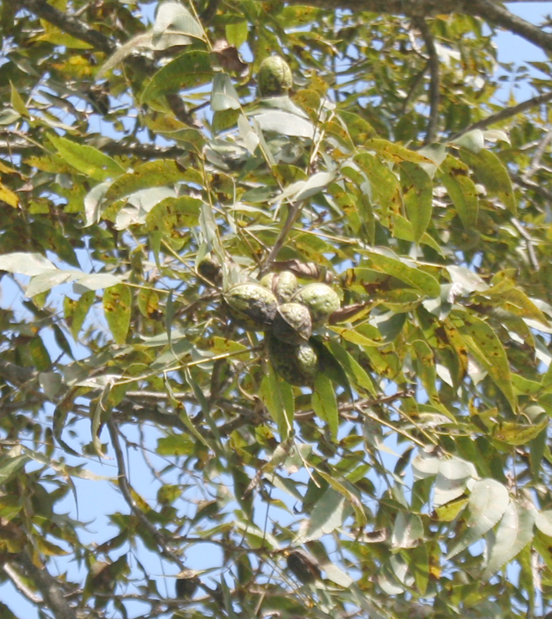.jpg) CAES News
CAES News
Peanut Farm Show
The University of Georgia Tifton Campus will become the center for all things peanut for growers and industry personnel on Thursday, Jan. 15, when the UGA Tifton Campus Conference Center hosts the annual Georgia Peanut Farm Show.

